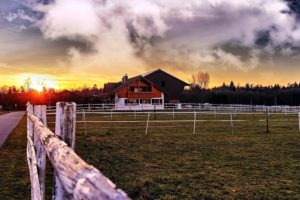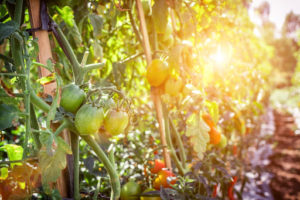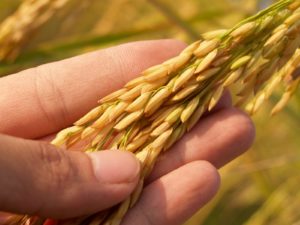There were 49,600 farms in Ontario as of 2016. While farms have continued to consolidate, the average farmer in Ontario is nearing retirement. In the next decade, there will likely be a significant amount of farmland transferred in Ontario. In this article, we will walk through how to buy a farm in Ontario, examining key steps in the process.
Step #1: Take a Look at Your Finances and Business Plan
In 2017, the average value of farmland increased by 8.4 percent, which is up from 7.9 percent the previous year. Increasing values of farmland are making it difficult for most farmers to purchase large tracts of land. However, farmers with low debt to equity ratios are also able to leverage the increased value in their own farms to acquire financing to buy new farms.
Before buying a new farm, you should understand your financial situation and prepare a business plan that will outline how your farm can grow at a sustainable rate. You will want to consider how a rise in interest rates will impact your ability to pay other debt obligations, and what additional land will mean for equipment requirements and future revenue.
As part of your business plan, you should research your financing options and know what you can afford before you start your search. In another article we looked at how to finance a farm purchase and its operations.
If financing is simply out of your reach, you may consider leasing. As farmers retire, it may be beneficial for the retiring farmer to retain ownership and simply rent or lease out the farmland. You should discuss these options with retiring farmers and find a solution that works for you.
Step #2: Finding the Farmland to Buy
Farmland sales in Ontario are competitive, with many farmers typically vying to buy the same farm. Some farms may be listed with a realtor, who will assist the farmer in acquiring the highest value for their farmland. Other farms may be sold privately. A third option is a tender, in which a farmer will retain a lawyer to advertise the farm and invite bids to be submitted. The farmer will then consider the bids and select one of the offers.
Step #3: Conduct Your Investigation
As part of the process, you should investigate the farmland. You should consider the soil type, the zoning restrictions on farm activities, any oil or gas or hydro easements or rights, water sources, and the availability of natural gas. If there is a house on the property, you should consider options to sever the property by inquiring with your local municipal office. You may also ask your lawyer to conduct a subsearch at this stage to determine any title issues that will need to be rectified. Another key consideration is environmental issues. You will want to inquire if there are any underground tanks or other environmental issues that may result in significant liabilities once you are the owner.
Step #4: Make an Offer
When making an offer to purchase, in addition to the key terms such as completion date and purchase price, you should consider whether you will require a conditional period to confirm financing or to conduct any further investigations about the property. You may also consider representations and warranties from the vendor to provide some assurance that the farm you are buying has the qualities you desire. These representations and warranties in the purchase agreement will also assist you in recovering any damages from the vendors if they misrepresented key facts about the farm.
Step #5: Work with a Lerners Agricultural Lawyer
The last step is to work with a lawyer that’s knowledgeable and experienced in agricultural real estate transactions. There are different legal issues to consider in this type of purchase and you don’t want to be caught with any surprises. At Lerners LLP, our Agricultural Law Group can help clients with all aspects of agricultural law, from sales to financing to succession planning and wills.
For more information, please contact us at: 519-672-4510.
References:









